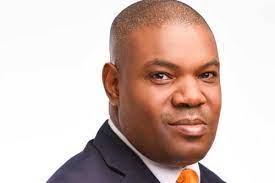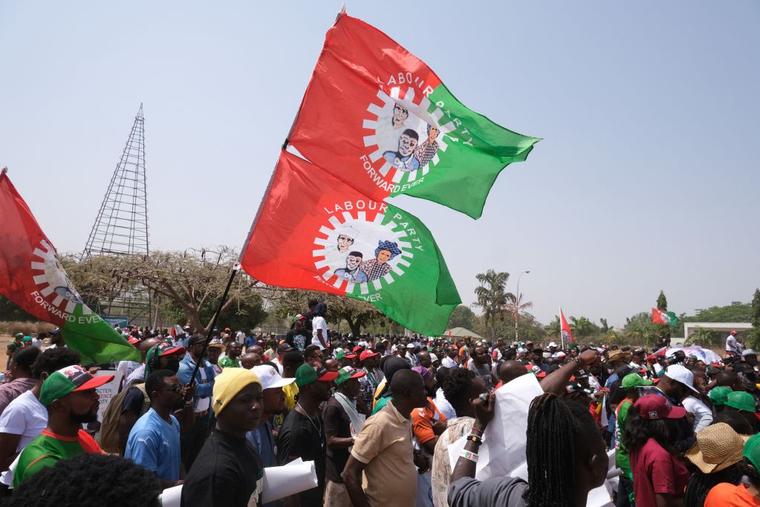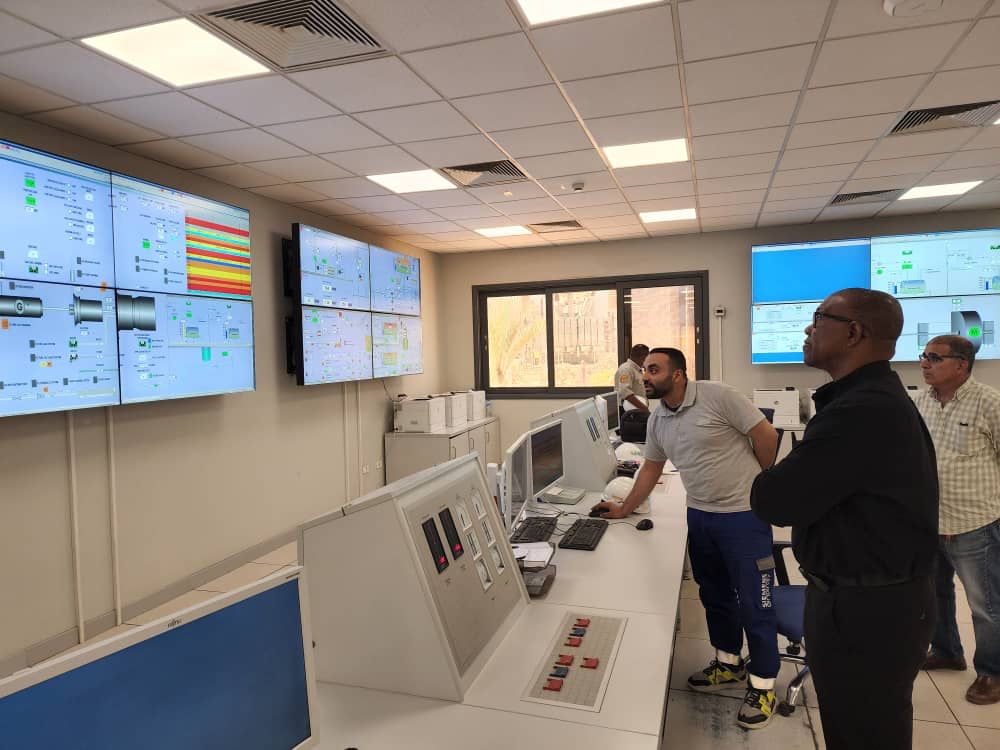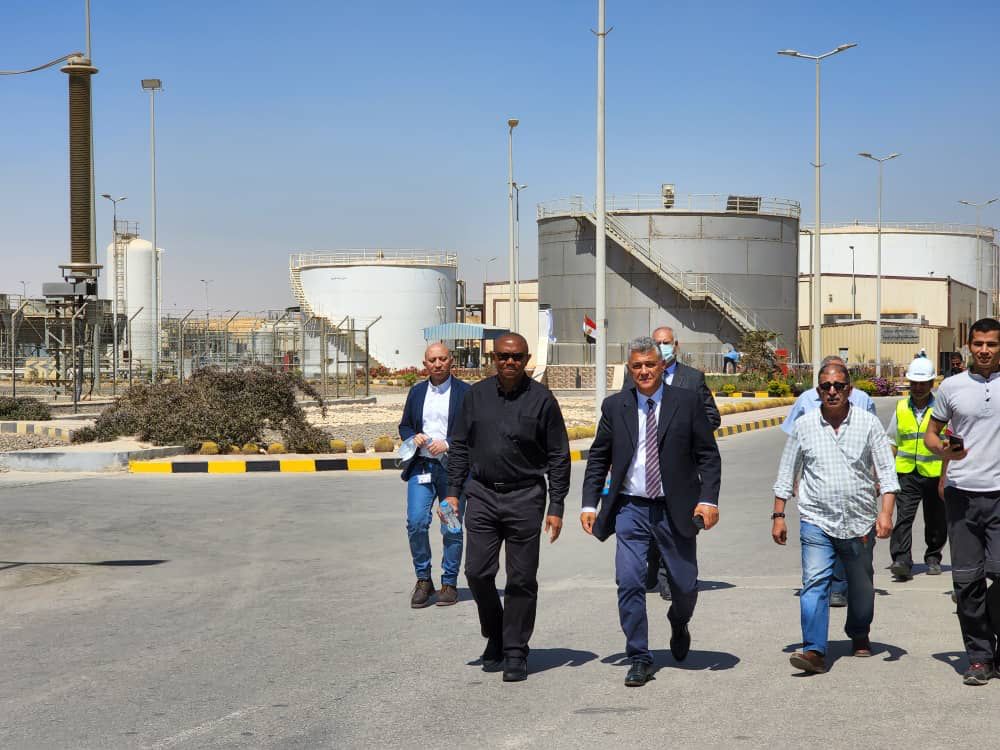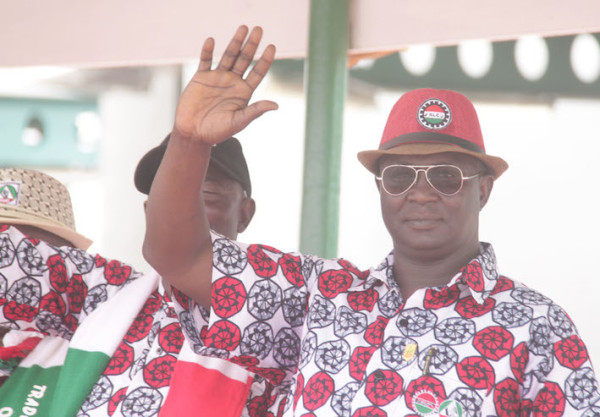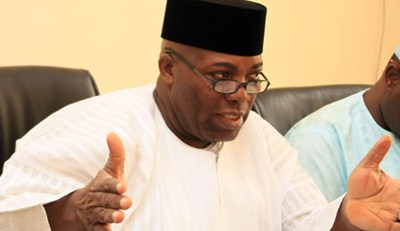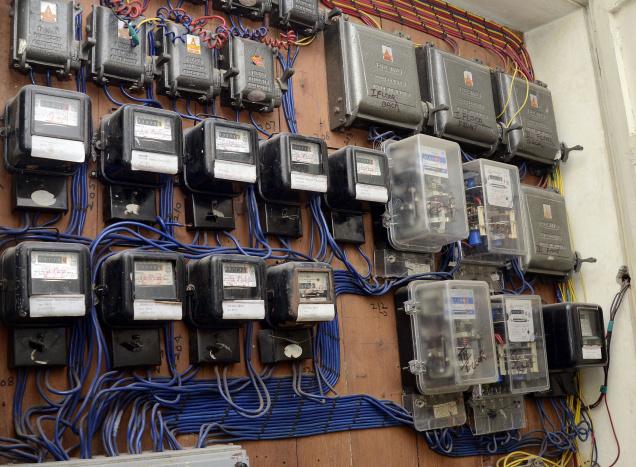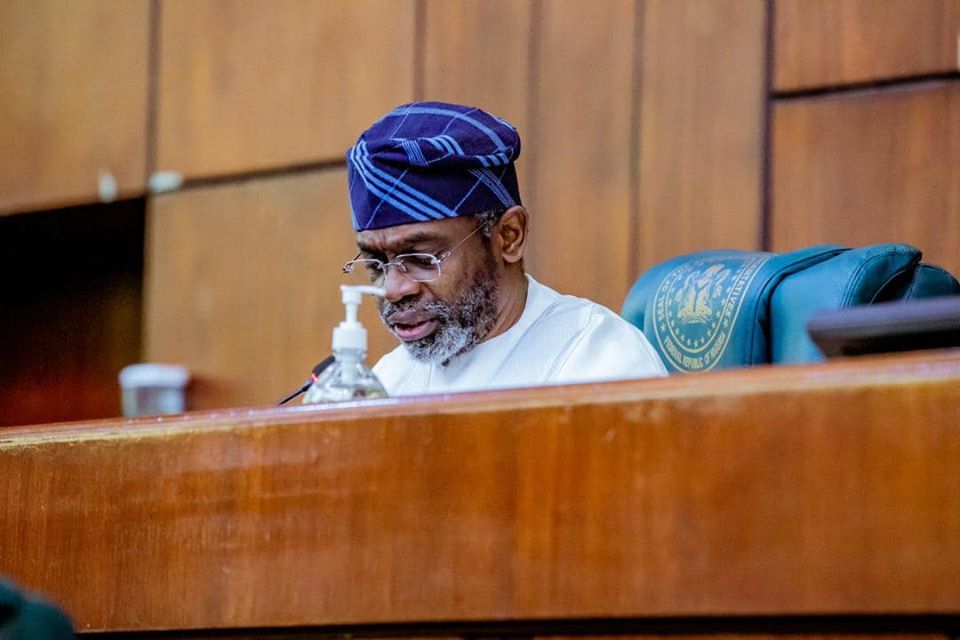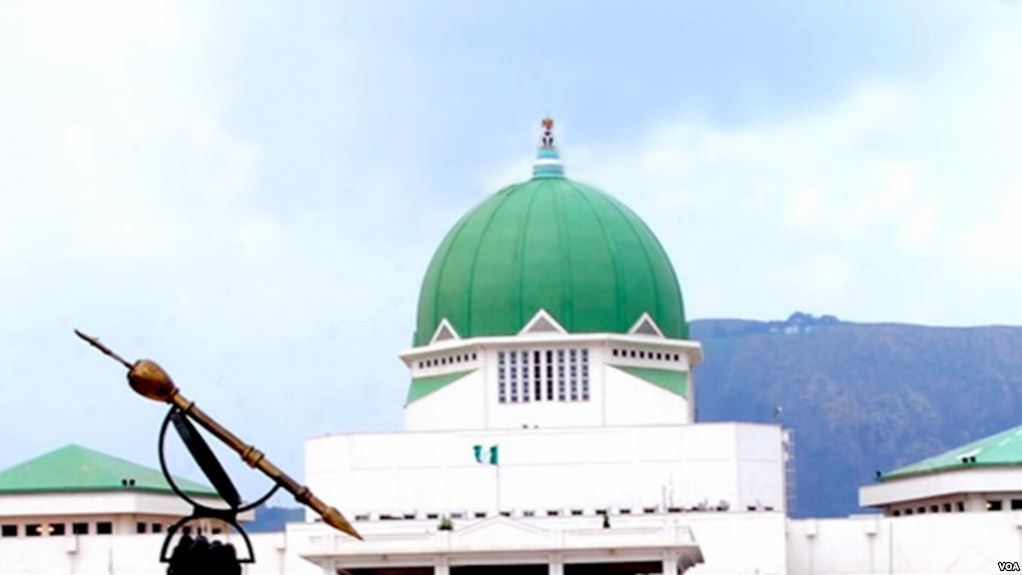Minister of Power, Mr Adebayo Adelabu, on Thursday said the sector generated additional N700 billion revenue in 2024, reflecting a 70 per cent increase from what was collected in 2023.
Adelabu said this during the 6th Edition of the 2025 Ministerial Press Briefing Series in Abuja on Thursday.
“It is evident that, due to our transformative tariff reforms, the electricity market generated additional N700 billion revenue in 2024 reflecting a 70 per cent increase from what was collected in 2023.
“This resulted from the cost-reflective tariff adjustment for Band A customers. This growth in market revenue is unprecedented, as the highest growth previously achieved was 20 per cent.
“This positively impacts the reduction of the government-subsidised tariff shortfall by 35 per cent, decreasing it from N3 trillion to N1.9 trillion,’’ minister said.
According to him, the growth in revenue demonstrates that financial viability and service delivery can coexist harmoniously.
Adelabu also said that the commitment of President Bola Tinubu’s administration to energy access was further demonstrated when it signed the Nigerian Energy Compact in Tanzania in January.
According to him, the initiative which is led by the World Bank and the African Development Bank (AFDB) aligns with the administration’s aspiration to expand energy generation.
“The target of M300 is to extend energy access to an additional 300 million Africans by 2030 out of the 600 million currently lacking access.
“This initiative will be realised based on a five-pillar strategy: expanding generation, strengthening utilities, incentivising private investment, accelerating renewables, and boosting regional integration.
“The compact sets ambitious goals to enhance electricity access, increase renewable energy adoption, and improve clean cooking solutions for millions of Nigerians, ‘’ he said.
Adelabu further said that in fulfillment of the statutory mandate of the Electricity Act 2023, the Federal Government, through the Federal Ministry of Power, developed the National Integrated Electricity Policy (NIEP).
He said that the transformative framework in NIEP would set a clear roadmap for delivering a resilient, cost-effective, and sustainable power sector.
According to him, the NIEP, which was presented to the President had been submitted for approval by the Federal Executive Council of Nigeria.
“This policy guides all power sector actors, including investors, operators, regulators, and the supervising ministry, to transform the country’s power sector through a data-driven and evidence-based approach,’’ he said.


